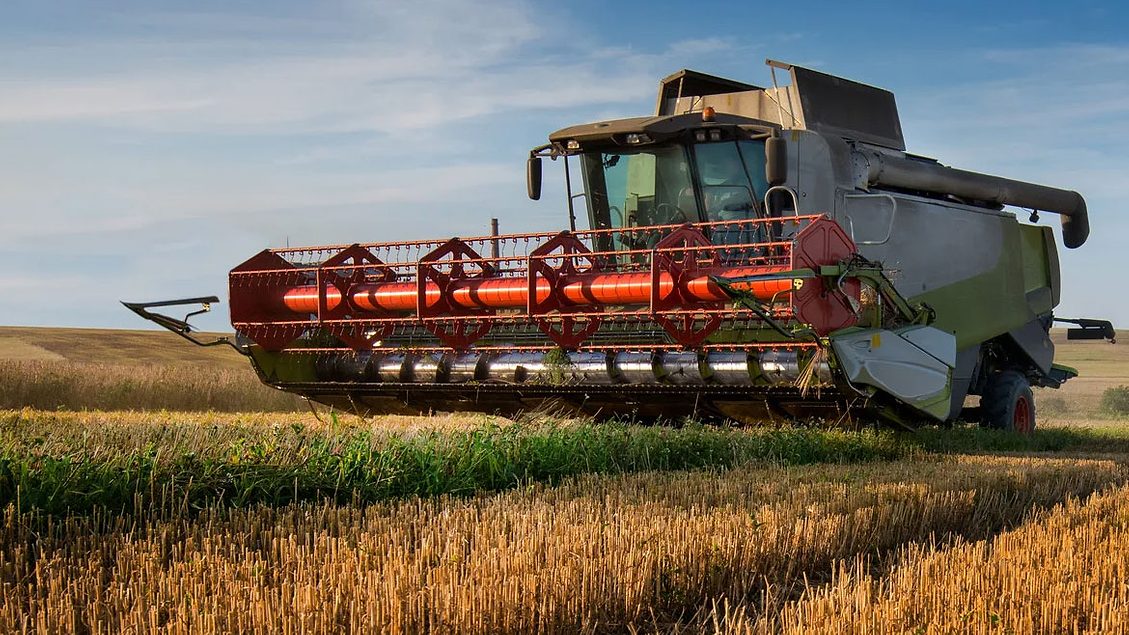
"In 2003, the United States government reclassified food and agriculture as a critical infrastructure sector, underscoring the outsized impact food production and distribution has on both national security and the overall health of the economy. Protecting the industry is a high priority for regulators, but agriculture comes with a wide range of safety and security challenges - from monitoring crops for signs of disease to maintaining quality assurance in food packaging plants."
"Fortunately, those in the agriculture industry now have access to advanced solutions that can help them not only improve the security of their locations, but the safety of their workers and quality of their products as well. Today's advanced video analytics capabilities devices like thermal cameras are helping to improve the safety and security of the agriculture industry at every stage of the supply chain. From farms to grocery stores, modern security devices are helping to keep the agriculture industry running smoothly and safely."
"Agriculture is highly dependent on other industries - including water. Growing crops and raising livestock require vast amounts of it, making access and water quality critical concerns. Tainted water can cause plants and animals to die or introduce diseases that could be harmful to consumers. As a result, many municipalities now use devices like fixed cameras, radar detectors and other sensors to monitor reservoirs for trespassers, drone activity and other potential signs of abnormal behavior."
In 2003 the United States reclassified food and agriculture as a critical infrastructure sector due to its impact on national security and economic health. Agriculture faces varied safety and security challenges, including crop disease monitoring and food packaging quality assurance. Advanced solutions such as video analytics and thermal cameras enhance security, worker safety, and product quality across the supply chain from farms to grocery stores. Agriculture depends on other industries, notably water; tainted water can kill plants and animals or introduce consumer-harmful diseases. Municipalities deploy fixed cameras, radar, and sensors to monitor reservoirs, detect abnormal behavior, alert personnel, and enable contamination testing and disaster preparedness.
Read at Securitymagazine
Unable to calculate read time
Collection
[
|
...
]